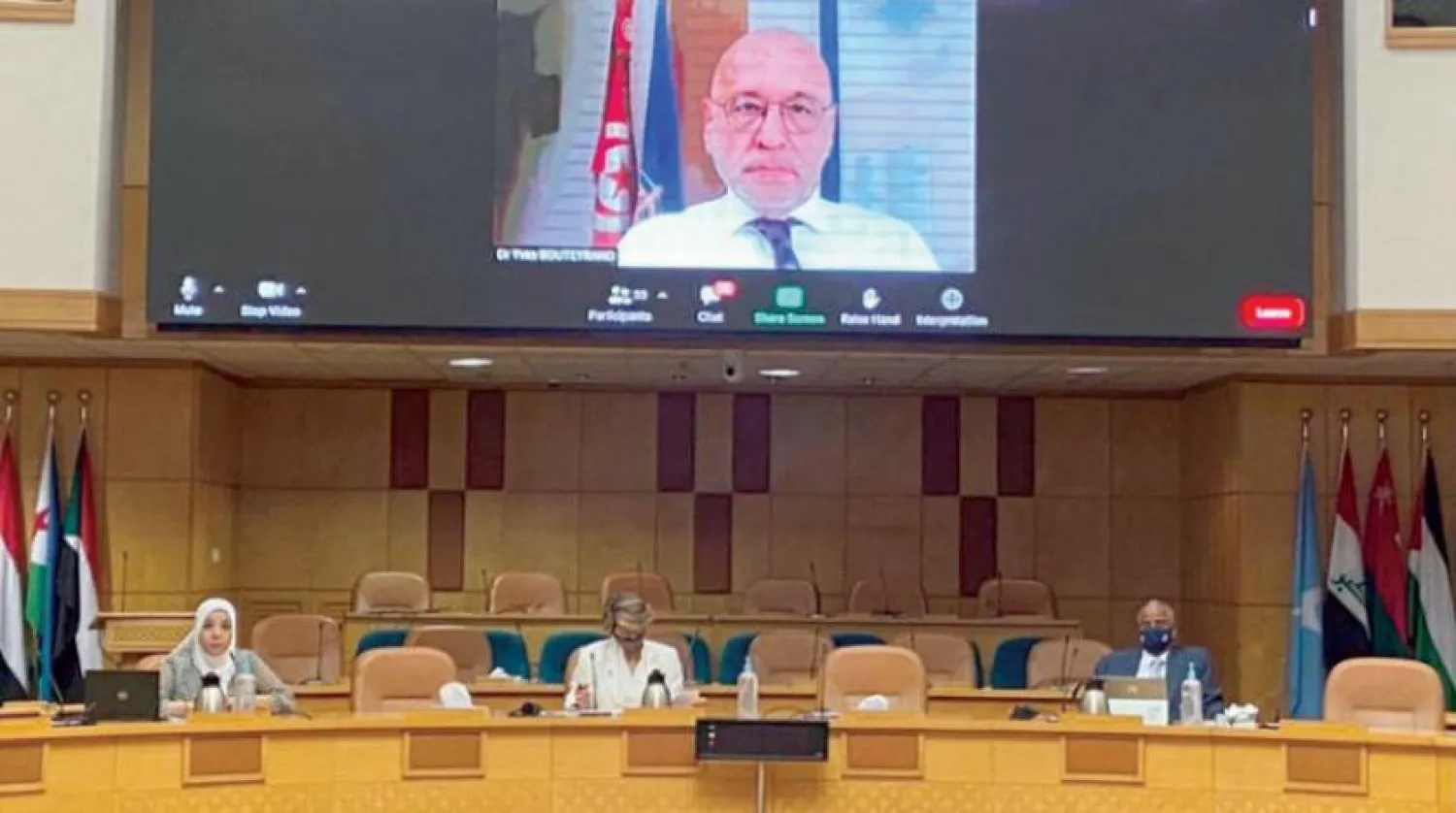The World Health Organization (WHO) Regional Office for the Eastern Mediterranean has expressed concern over the surge in COVID-19 cases and deaths due to the Delta variant.
“It is now being reported in 15 out of the 22 countries of the Region,” the organization warned during a virtual press conference on Monday, which was attended by Dr. Rana Hajjeh, director of program management at WHO/EMRO, Dr. Yves Souteyrand, the WHO representative in Tunisia, Dr. Iman Shankiti, the WHO representative in Lebanon, and Dr. Abdel Nasser Abu Bakr, head of Infection Risk Management Program.
To date, the Region has documented over 12.6 million COVID-19 cases and nearly 236,000 deaths.
“As we work hard to take steps to control the Covid-19 pandemic, the virus continues to mutate and spread faster and more aggressively across the region, with severe public health consequences,” said Hajjeh.
The highly infectious Delta variant, first detected in India and now in 132 countries, has been reported in 15 countries in the region, she added.
Hajjeh noted that research shows the risk of hospital admission for people infected with the Delta variant is on average 120 percent higher, and the risk of death 137 percent higher. Those infected by the Delta variant are on average 287 percent more likely to be admitted to intensive care.
“A few countries in the region are experiencing a significant rise in cases and deaths as a result of the Delta variant, which is being reported mainly among unvaccinated people,” she continued.
“This makes it even more critical that all countries must receive enough vaccine doses quickly, and that people take the vaccine at the first opportunity they are offered it.”
Across the region, 132 million vaccine doses have been administered and only 44 million people – less than 6 percent of the population – are fully vaccinated.
Souteyrand said the Delta variant was responsible for “more than 90 percent” of cases.
About 93 percent of new cases are people who are either unvaccinated or have received only one dose, said Shankiti.
This week also marks one year since the Beirut port blast killed 200 people, injured 6,000, and displaced 300,000.
“The aftermath of the explosion saw cases of Covid-19 skyrocket, including among health care workers, and the impact of this continues to be seen today, as the health system continues to struggle with limited resources amid the worst economic and social crisis in recent history,” added Shankiti.
“Hospitals are right now at 50 percent capacity because of the lack of fuel, electricity, water, sanitation, and transportation,” she remarked.
Abu Bakr urged the rich countries to donate vaccines to the low-income countries and the lowest category of the middle-income states.









